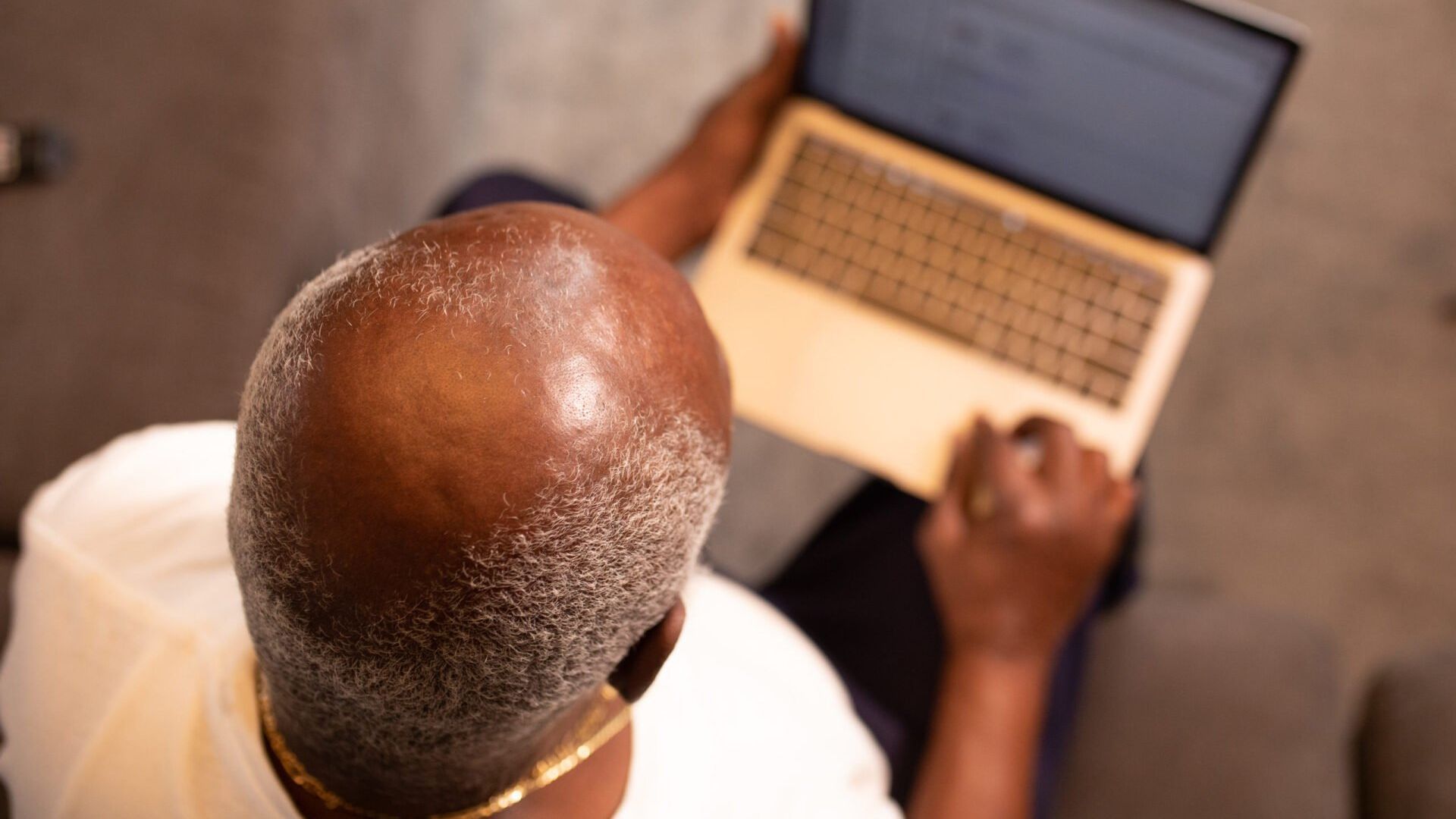MALE PATTERN HAIR LOSS (Alopecia)
ROGAINE 5% (Topical minoxidil 5%)
Dosage Instructions: apply twice a day to the scalp
- Rogaine does not permanently regrow hair. When stopped, within months, hair thickness returns to the level it would have been if Rogaine was never used in the first place. Avoid the eyes.
- Side effects: Irritation, itching, or redness of the skin is commonly seen.
- Fine hair growth on the forehead, temples, and cheeks can occasionally be seen and it resolves if the Rogaine is discontinued.
Minoxidil- at least a 65% response rate
Dosage Instructions 1.25-mg for 2-4 weeks then to 2.5mg daily for at least 6 months-
- Contraindications: pheochromocytoma; pulmonary hypertension with mitral stenosis and liver disease
- Side effects: Common side effects include dose dependent hypertrichosis and a transient hair shedding. Less common side effects may not be dose related and include mild changes in blood pressure, slight increase in heart rate, headaches, insomnia, postural hypotension/dizziness and edema. A study in over 1400 pts in 2021 showed hypertrichosis (15.1%), lightheadedness (1.7%), fluid retention (1.3%), tachycardia (0.9%), headache (0.4%), periorbital edema (0.3%), and insomnia (0.2%). No life-threatening adverse effects were observed
PROPECIA (finasteride 1 mg)
Propecia is a commonly used pill for male-pattern (genetic) hair loss. It is most effective for hair loss at the top of the scalp. It is not effective for a receding hairline.
- Dosage Instructions: 1 mg once per day. It may take up to 3-6 months to start having effect. Some people get new regrowth and others maintain the hair that they have, and others do not respond. Propecia does not permanently regrow hair. Any hair that is gained is lost months after Propecia is stopped and hair thickness returns to where it would have been if Propecia was never taken in the first place.
- Side effects: Propecia is generally well tolerated but some hair experts recommend not using in men under the age of 50.
A small percentage will experience sexual side effects or decreased sexual drive, which may persist despite stopping the medication.
Some studies have shown that while men taking Propecia may have a smaller chance of developing prostate cancer, those cancers that do develop tend to be of a higher grade and more aggressive on average.

